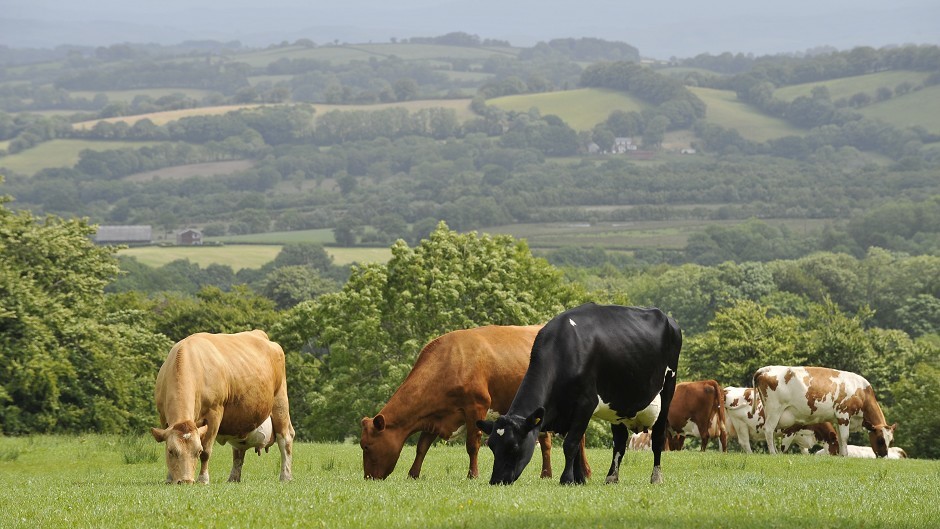Scotland’s food safety body is urging farmers to take preventative measures against the exposure of livestock to lead poisoning.
In a bid to prevent costly veterinary fees, stunted animal growth, loss of market value and potential livestock death, Food Standards Scotland (FSS) has partnered with SAC Consulting Vet Services (SACCVS), the Animal Plant and Health Agency (APHA) and the Scottish Government to raise awareness of the causes and symptoms affecting farm animals.
Lead poisoning incidents, it said, increase as livestock is turned out to pasture – raising their exposure to lead deposits from sources including old machinery, rubbish, vehicle batteries, bonfire ash, electric fencing or even lead-based paint.
According to FSS, over the last two years approximately 460 animals in Scotland have been affected by lead poisoning, with 38 dying as a result.
Animals that have come into contact with lead can also show high levels of poisoning in their meat, offal and milk. These can be above the safe limits laid down in food law, making them illegal for use in the food chain.
NFU Scotland president Andrew McCornick said: “Incidents of lead poisoning can have a devastating effect on a farm. Scotland’s Rural College (SRUC) veterinary services identified eight incidents of lead poisoning on Scottish farms last year, including one case where 12 cows died with a further 74 affected.”
